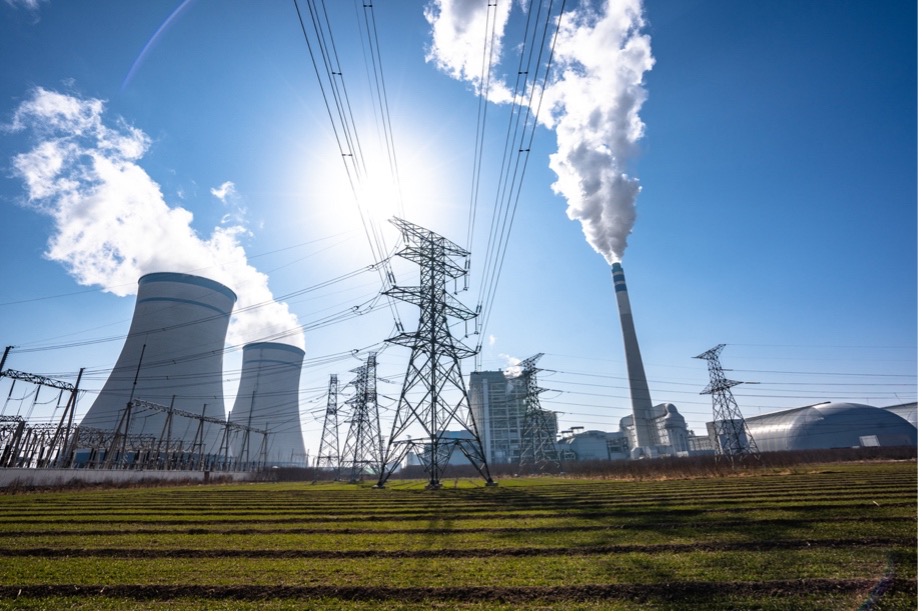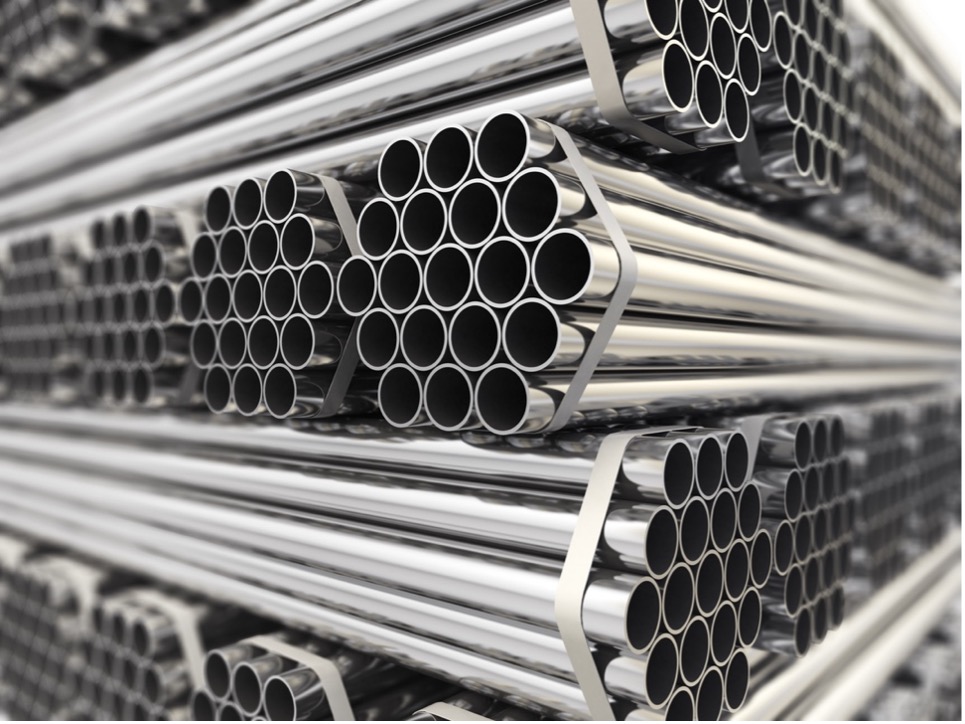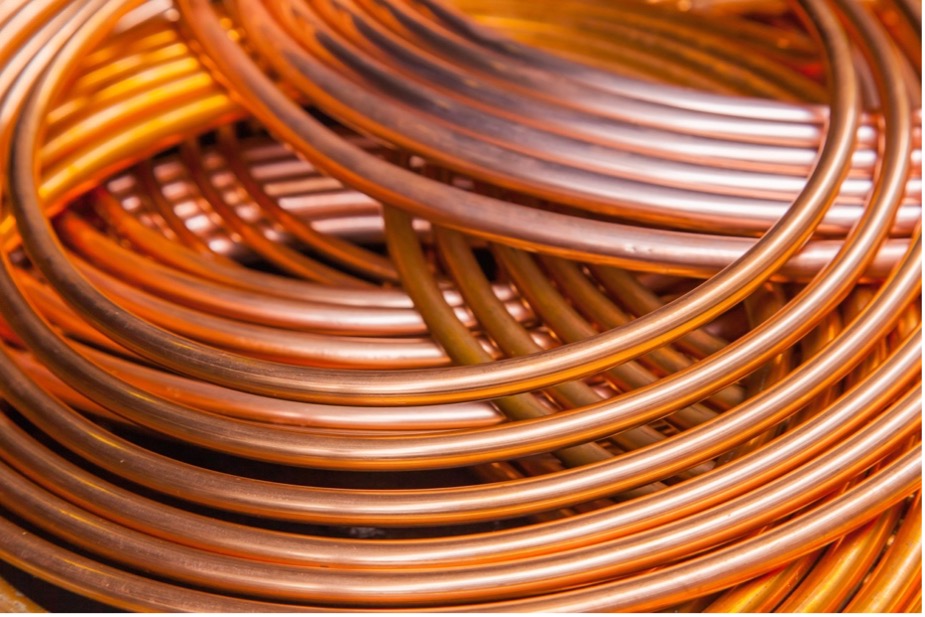Spring Materials and Their Impact on Power Industry Performance

The power industry’s non-negotiable foundations are extreme precision, reliability, and efficiency. These combined guarantee stable power generation and distribution consistently, enabling varied applications across multiple sectors. In such a complex landscape, springs emerge as indispensable components; however, the materials they are made of are equally important.
In fact, different materials in spring manufacturing correspond to varying levels of strength, corrosion resistance, and temperature tolerance. In today’s blog, we examine the many spring materials specifically employed in the power industry, their diverse properties, and the impact they have on efficiency and equipment.
Forging Strength: How High-Temperature Alloys Help Power Generation
Intense temperatures are often the norm in the power industry, which requires incredibly resilient materials. Here, high-temperature alloys, such as Inconel and Hastelloy –both nickel-chromium-molybdenum-based alloys– are engineered to withstand the harshest, most challenging conditions within power plants. Their phenomenal strength in intense heat and superior stability in thermal cycling make them the preferred choice for tension springs and compression springs as opposed to other conventional metals that would falter instead.
For instance, these alloys do their best to allow springs used in turbines, boilers, and other high-temperature environments to maintain their integrity, preventing downtime and increasing operational efficiency. Additionally, as we will discuss later, alloys capable of resisting exceptionally high temperatures offer excellent greater resistance to oxidation and the corrosive effects of hot gases and steam, extending the lifespan of power generation equipment and its key components.
It is understandable why the reliability afforded by these alloys is considered invaluable, as it ensures an uninterrupted power supply to both businesses and consumers.
Shielding the Spark: Corrosion-Resistant Spring Materials
Corrosion is one of the main threats to the integrity of power generation infrastructure, particularly in environments exposed to moisture, steam, chemicals, and generally harsh weather conditions. Then, it is fundamental to manufacture springs that will remain performative despite these challenges and contain the risks of degradation and failure. For instance, coastal regions, where salt-laden air corrodes unprotected surfaces, or chemical processing plants, where corrosive substances are a daily threat, require durable spring materials capable of providing a sturdy barrier.
Aside from the alloys previously mentioned, Inconel and Hastelloy, some other valid choices for manufacturing corrosion-resistant springs are:
- Stainless Steel. One of the most popular materials for corrosion-resistant springs.
- Titanium and its alloys. They are lightweight and highly resistant, perfect for applications where both weight and corrosion resistance are defining factors.
- Phosphor Bronze. An alloy of copper, tin, and phosphorus; it is especially suitable in marine environments.
- A group of nickel-copper alloys known for their resistance to corrosion by acids, alkaline solutions, and seawater.
By resisting corrosion, these materials maintain their mechanical properties over time, ensuring exceptional performance and reducing unexpected failures. Finally, it is worth mentioning that corrosion-resistant spring materials contribute to cost savings by minimising the need for frequent maintenance and replacement, which is another valuable benefit.
The Conductive Properties of Spring Materials
Power distribution relies on conductivity, so the choice of the right spring materials takes on added significance in this specific context. Whether employed in connectors, switches, or circuit breakers, materials such as copper alloys and beryllium copper, for instance, facilitate the efficient transfer of electrical current, reducing resistance and preventing voltage drops that could compromise performance.
In addition, springs manufactured using conductive materials exhibit excellent mechanical properties, including high tensile strength and fatigue resistance, for enhanced durability under repetitive loading conditions. This characteristic is central to maintaining electrical connections in dynamic environments intact, minimising the impact of fluctuations in temperature and vibration. By combining electrical conductivity with mechanical reliability, these materials make power distribution systems as reliable as a rock, ultimately contributing to a more resilient electrical grid.
Navigating Fatigue Resistance and Durability
It is of utmost importance to choose materials that will reliably prevent springs’ fatigue failure and reinforce durability to withstand the high demands of the power industry, where machinery operates continuously under challenging conditions.
Chrome silicon and chrome vanadium alloys emerge as outstanding solutions to these challenges, guaranteeing both long-term durability and reliability. These materials resist repeated loading cycles without being affected by fatigue failure and maintain superior performance over prolonged periods. From nuclear power plants to aerospace systems, resorting to the use of such excellent materials for springs translates into improved safety, especially for applications where unexpected malfunctions could lead to serious consequences. By prioritising fatigue resistance in the selection of spring materials, the power industry can then prevent and mitigate risks effectively.
Ensuring Compliance with Industry Standards
Finally, in an industry where stringent regulations and premium standards rule over every aspect, we can’t forget to mention compliance. Of course, like in all the other industries, in the power industry, materials used in spring manufacturing must adhere to incredibly strict and rigorous specifications and certifications to maximise compatibility with power infrastructure and align with unique operational requirements.
Compliance with established benchmarks, from certifications such as ISO 9001 to more industry-specific guidelines, is compulsory for maintaining excellence and dependability across the entire supply chain. By strictly complying with these standards, spring manufacturers like us can promote confidence in the performance and safety of the materials used to produce their products, allowing for complete integration into power generation and distribution systems. What’s more, compliance guarantees interchangeability, allowing for the efficient replacement of components and reducing downtime during maintenance and repair activities. This way, the power industry can uphold the highest levels of quality and safety without facing disruptions.
Power Up Your Business with Our Precisely Engineered Springs
As we learned, the selection process of materials in spring manufacturing is critical in ensuring reliability and efficiency in the power industry.
If your business operates in this sector and you need a trustworthy partner that fully understands your needs, turn to us. At European Springs, we are dedicated to upholding the highest standards of quality and performance in our selection of materials, carefully crafting our components, and guaranteeing excellence from start to finish.
Whether your application demands high-temperature, corrosion-resistant, or conductive materials, we have the expertise and resources to deliver custom springs that meet your demands. Browse our spring catalogue and contact us to discover how our precisely engineered springs can power up your business!





